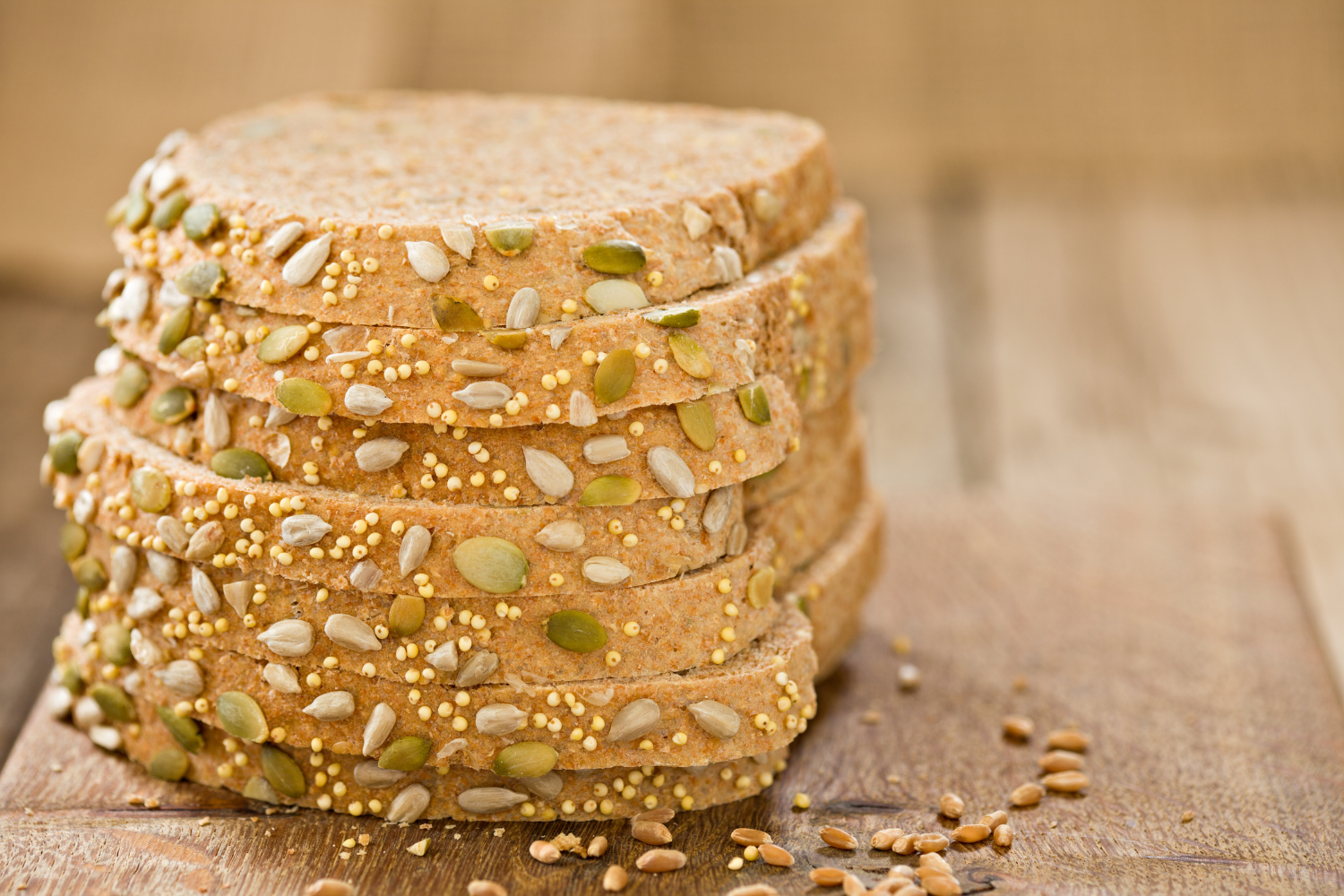Technology’s Impact Surges
Technology will be crucial in solving the industry’s new challenges, executives said.
Potts said robotics will become more important, although most of the impacts will be longer-term, given the extended ramp-up time for investments. She added that more sophisticated equipment and processes will change the skill sets required for employees.
“It’s a huge turnover in terms of the types of people you need,” she said.
Dykes said “technology has been turbo-charged as a result of COVID-19,” citing automation as a huge component.
Competitiveness Now Bigger Topic
A major focus on competitiveness will mark the food industry’s future, beginning in the balance of this year, Dykes said. He said this emphasis will lead to innovation and consolidation.
“Leaders are going to bring their teams together and say we need to take a fundamental look at our businesses, our supply chains, our workforce, our level of competitiveness, and our budgets,” he said.
Dykes said the questions they’ll be asking themselves include, “Are we structured properly? Do we have the right people in the right places? Are we positioned to be globally competitive?”
Potts said a big opportunity will be examining new strategies for foodservice suppliers to serve retail.
“The pandemic has created the need for many of our members to diversify their channels,” she said.
Consumer Trust Gains in Importance
Brand relationships with consumers will evolve more quickly than before, with trust as a key element, executives said.
“We will need to make sure we’re doing the things consumers value, because we’re going to be under intense scrutiny,” Dykes said. “If we’re going to maintain our license to operate, we’ll need to make sure we have credibility in our messaging.”
MacKie said bakers have solidified relationships with consumers during the pandemic by supporting communities, and the baking companies are now mulling future steps.
“We keep talking about how to build on those relationships,” he said.
Sustainability Gains High Profile
Another consumer emphasis will be the push for sustainable products and practices, Dykes predicted.
Offering an example, he said, “The humane and ethical treatment of animals is going to be a bigger focus for media and consumers.”
Meanwhile, health and wellness has been a higher priority for many consumers during the global crisis, and the food industry has a big role to play in supporting this trend going forward.
“This includes more attention to obesity and type 2 diabetes,” Dykes said.
More Focus on Government’s Role
The industry’s government relations strategies will benefit from lessons learned during the crisis period, association leaders said.
“Proactively reaching out with education and transparency has worked well,” remarked Potts.
Dykes said his association’s members have proactively kept local and state health departments informed about operations in dairy facilities, a move that has been helpful to all parties.
Pandemic to Accelerate Key Trends
Many of the future trends discussed were on the radar before COVID-19 hit, but the priority levels are higher now, the executives agreed.
“The way I put it is, COVID has been an accelerant,” MacKie said. “It's like adding high octane fuel to some of the trends and directions that were happening.”




